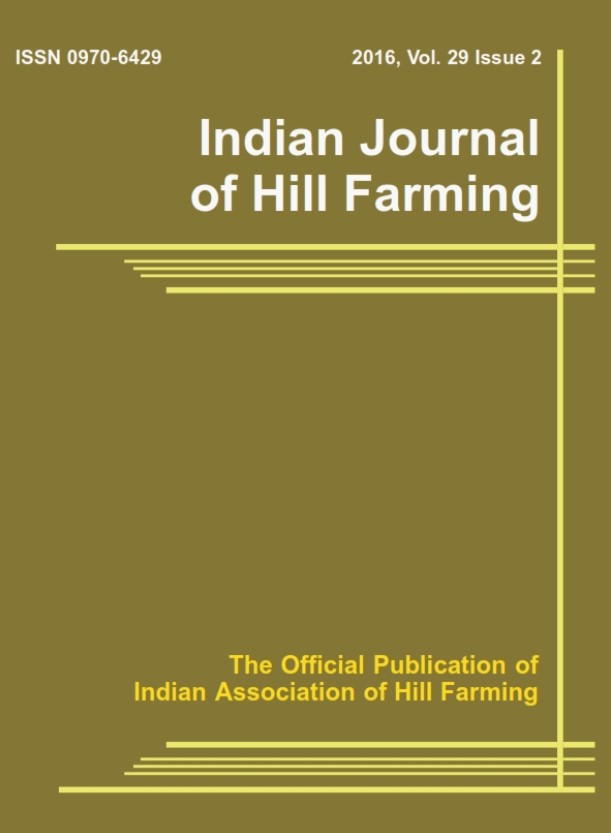Study on sustainable livelihood security of Tribal people through animal husbandry practices in Tripura, India
DOI:
https://doi.org/10.56678/Keywords:
Animal Husbandry, Livelihood, Tribal, Tripura, Sustainable.Abstract
Livelihoods of tribal communities should be perceived as various and multifaceted rationally chosen activities that a tribe's people undertake to support themselves and not in urban or modern terms of employment, jobs, work place or cash income. In this backdrop of fact, the study has been conceptualized with overall objectives to assess the tribal people’s sustainable livelihood status in relation to animal husbandry practices in Tripura state of India. Total120 respondents from four tribal groups were collected randomly from 4 blocks under Dhalai and Sephaijala district of Tripura, India. The data was collected with the help of pre-tested designed interview schedule, complied, tabulated and analysed through statistical tools with the help of IBM SPSS 25.0 software for conclusion. The findings depicted that the livelihood security of tribal farmers were significantly related (0.05) with age, education, occupation, livestock holding, mass media exposure and highly significant (0.01) with family income, decision making pattern, attitude towards dairy farming, knowledge level in small animal and poultry farming and adoption index in farming practices in the functional area of the state of Tripura, India.Downloads
Published
2023-03-31
Issue
Section
Articles
License
Copyright (c) 2023 Bipasha Paul, Subhransu Mohan Nanda, Sukanta Biswas, Arunasis Goswami (Author)

This work is licensed under a Creative Commons Attribution-NonCommercial-NoDerivatives 4.0 International License.
How to Cite
Study on sustainable livelihood security of Tribal people through animal husbandry practices
in Tripura, India. (2023). Indian Journal of Hill Farming, 36(02), 140-143. https://doi.org/10.56678/




